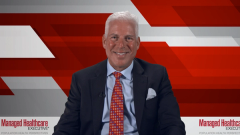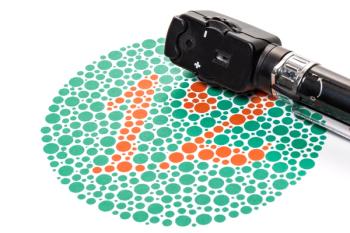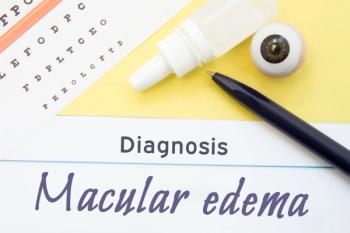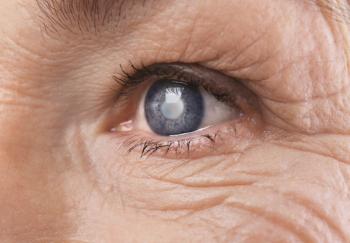Overview of Wet AMD
Diana Do, MD provides an overview of wet age-related macular degeneration including typical clinical manifestations, goals of therapy, and the current treatment landscape.
Episodes in this series
Diana Do, MD: The typical patient journey for someone with wet age-related macular degeneration is often one who first presents with an acute case of central vision loss. After they realize that their vision is impaired, they’ll see the ophthalmologist and then get referred to a retina specialist for further evaluation and management. Often these patients are older and frightened because their independence is at risk with this central vision loss. After we’ve diagnosed them with wet age-related macular degeneration, we explain that there are treatments available that can improve their vision if they adhere to a fairly strict and chronic regimen of follow-up and treatment. Fortunately, there are really excellent treatment options available that can help improve and maintain their vision for many years to come.
Diana Do, MD: Age-related macular degeneration is a disease of the older population. Most people with wet age-related macular degeneration are above age 55. In my clinical practice, many of them are in their mid-70s. Because they’re older, many of these patients do have comorbidities such as hypertension, diabetes, or other systemic disorders. That’s why it’s very challenging for this older population to come back frequently for treatment. They often need caregivers or family members to help assist them to come into the retina specialist office, for frequent evaluation and treatment.
The goal of therapy for wet age-related macular degeneration is to improve the central vision of a patient who has this disease. If untreated, patients will have irreversible vision loss. Therefore, prompt and timely treatment is necessary. With the advent of intravitreal VEGF inhibitors, patients who adhere to a treatment regimen can have an improvement in their vision and also maintain their quality of life.
Over the past 15 years, we’ve been able to develop therapies for the treatment of wet age-related macular degeneration. The mainstay of treatment is intravitreal VEGF inhibitors. These medicines are administered in the clinic to eyes that have active wet age-related macular degeneration. These medicines are highly effective in reducing the swelling in the retina and improving patients’ vision if they’re treated promptly and if they adhere to a treatment regimen.
Transcript edited for clarity.
Newsletter
Get the latest industry news, event updates, and more from Managed healthcare Executive.


























